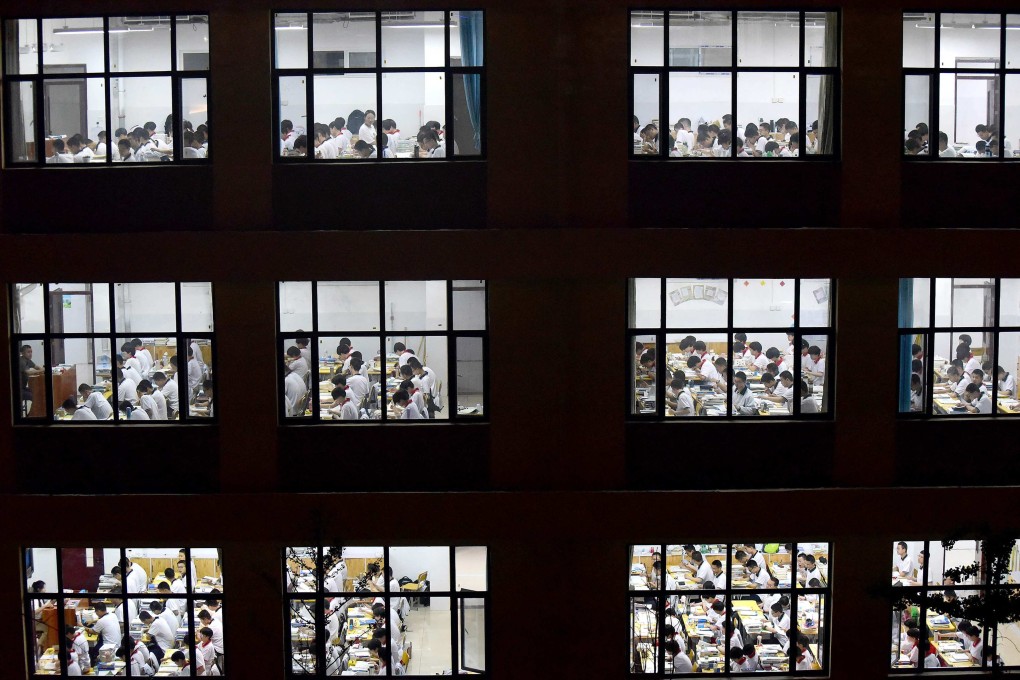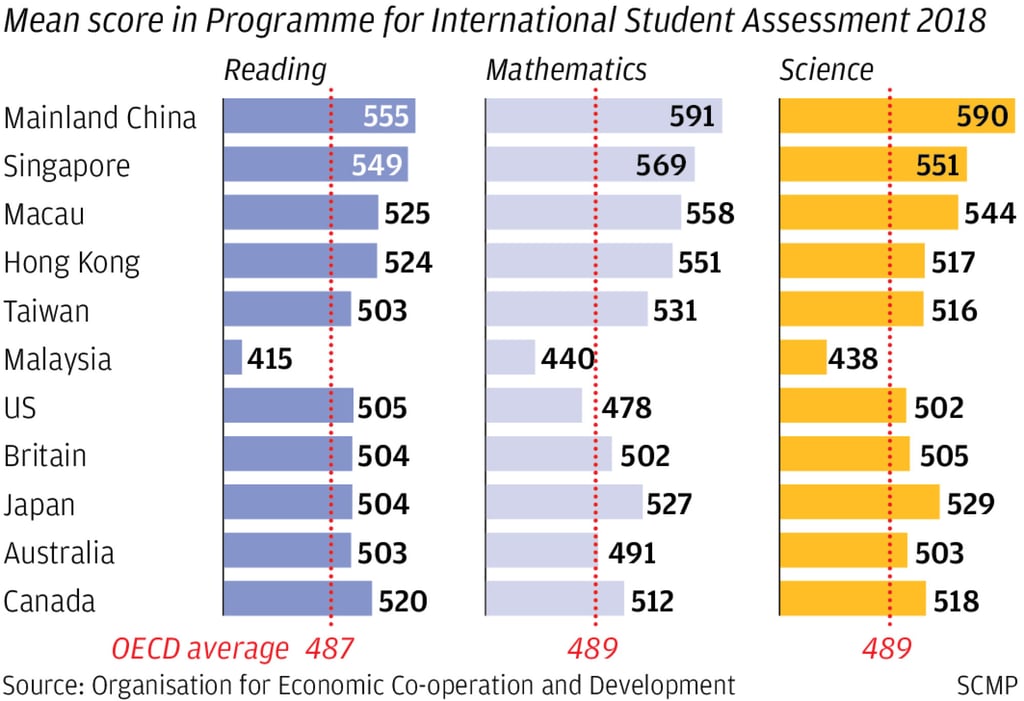Advertisement
Inside Out | How social media is fuelling a global learning crisis
- The social media revolution has delivered a host of problematic changes which appear to be damaging students’ educational progress and capacity to learn
- This is a pressing concern as the tech-driven smart jobs of our economic future will require stronger literacy, numeracy and scientific competencies
Reading Time:3 minutes
Why you can trust SCMP
2

As if there were not already enough crises to worry about, publication last week of the results of the Organisation for Economic Cooperation and Development’s global Programme for International Student Assessment (Pisa) survey reveals yet another: a silent learning crisis which underpins an “unprecedented drop” in school performance worldwide.
Whether the Covid-19 pandemic is to blame or a growing addiction to skimming, scanning and scrolling through increasingly pervasive social media is not entirely clear. But according to Robert Jenkins, chief of education at Unicef, the implications are crystal clear: “We are looking at a nearly unsurmountable scale of loss to children’s schooling.”
The Pisa survey, done once every three years, provides more than a comprehensive comparison on which education systems are performing best among the 81 participating economies. It also offers a clear record since the surveys were launched in 2000 of whether literacy and numeracy are improving or declining worldwide.
Advertisement
The latest Pisa survey, delayed by a year because of pandemic lockdowns, tested 690,000 15-year-old students worldwide, and the findings were troubling. Educational achievement across the three tested areas – reading, maths and science – has declined sharply since the last survey in 2018.
Some things have stayed the same. Singapore students remain the world’s best performers against all three measures, some three to five schooling years ahead of the average student worldwide. A small group of East Asian economies consistently lead the world – Singapore, Japan, South Korea, Taiwan and Hong Kong. Meanwhile, kids who suffered shorter school shutdowns during the pandemic generally saw the smallest decline in school performance.

If the education crisis was solely a result of pandemic dislocation, we might be able to draw more comfort. Now that the pandemic is largely behind us, we would be able to look forward to a sharp and quick recovery. But the uncomfortable news from the Pisa survey is that achievement levels have been flatlining since 2012.
Advertisement
Select Voice
Choose your listening speed
Get through articles 2x faster
1.25x
250 WPM
Slow
Average
Fast
1.25x
